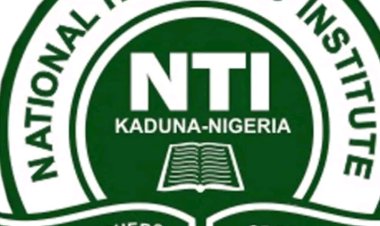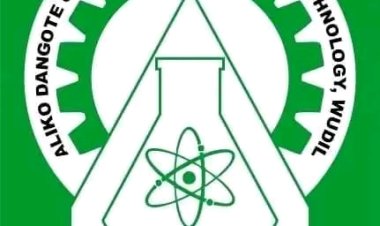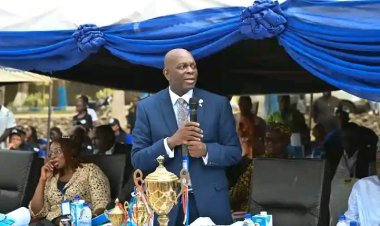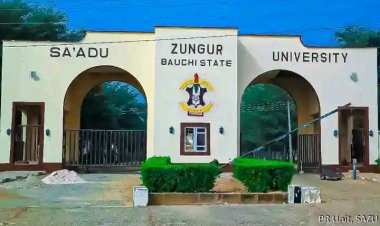Poor Infrastructure Is A Major Challenge In Schools - Sanwo-Olu
Senator for Ogun East, Gbenga Daniel, and Lagos State Governor, Babajide Sanwo-Olu, expressed deep concern over the state of infrastructure in primary and secondary schools in Nigeria. He called for increased funding, tech integration, community engagement, and resource allocation for basic education.
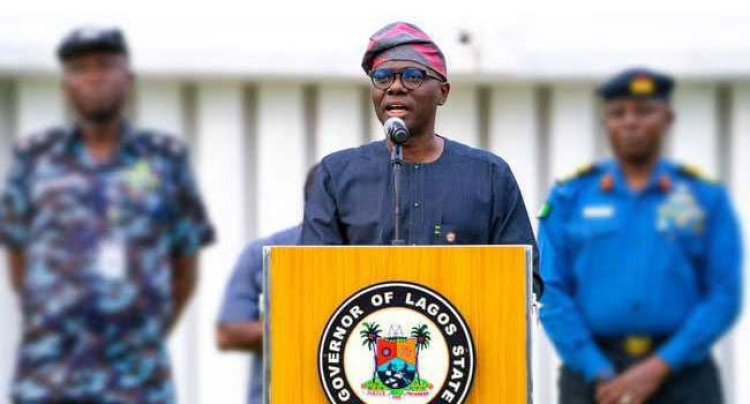
The former Ogun State Governor and serving senator for Ogun East, Gbenga Daniel, and Lagos State Governor, Babajide Sanwo-Olu, expressed deep concern over the state of infrastructure in primary and secondary schools in Nigeria.
They expressed this concern recently at a two-day retreat for the Senate Committee on Education (Basic and Secondary), themed ‘Basic Education Implementation in Nigeria: Issues, Challenges, and Way Forward,’ served as a platform for these leaders to highlight the major challenges plaguing the education sector in Nigeria.
RECOMMENDED: Stakeholders Urges Government to Prioritize Girl Child Education
Daniel, who chaired the event, pointed out the low quality of infrastructure, insufficient learning and teaching materials, and large class sizes as significant issues. He stated, “Many children lack access to basic education in our rural areas due to poor infrastructure and inadequate teaching training. There is also a shortage of learning materials, which affects the quality of education. Additionally, many teachers are reluctant to work in rural areas because of these infrastructure challenges. The issue of large class sizes and poor teacher-child ratio further compounds these challenges.”
He called for increased funding, tech integration, community engagement, and resource allocation for basic education. “I believe UBEC has thought deeply before organising this. There is a need to implement technology integration, community engagement, and sensitisation and to gain more support from international organisations and NGOs"
SEE ALSO: Education is Not Only About Teaching, Learning -Lagos Commissioner
"We need to begin decentralising by giving autonomy to Local Government Areas, as the state government cannot reach all primary schools. Additionally, increased funding and resource allocation, curriculum reforms, infrastructure improvements, teacher training, recruitment, and retention are essential,” he said.
Sanwo-Olu, represented by the Secretary to the State Government, Bimbo Salu-Hudeyin, echoed Daniel’s sentiments, stating, “One of the foremost challenges we face is the issue of inadequate infrastructure. Many of our schools lack the necessary facilities to provide a conducive learning environment. This retreat is a wake-up call to action. More positive and forward-looking action. We must engage in open dialogues, share best practices, and develop actionable plans that will drive significant improvements in our education system.”
READ MORE: UNESCO Launches Online Course on Educational Planning
She added that the Lagos State government recognised that the quality of basic education determines the strength of our future leaders, the vibrancy of our economy, and the cohesiveness of our communities. “That is why we must address the issues and challenges hindering the effective implementation of basic education across Nigeria with the utmost seriousness and candor it deserves, she remarked.

 c.Blessing
c.Blessing 